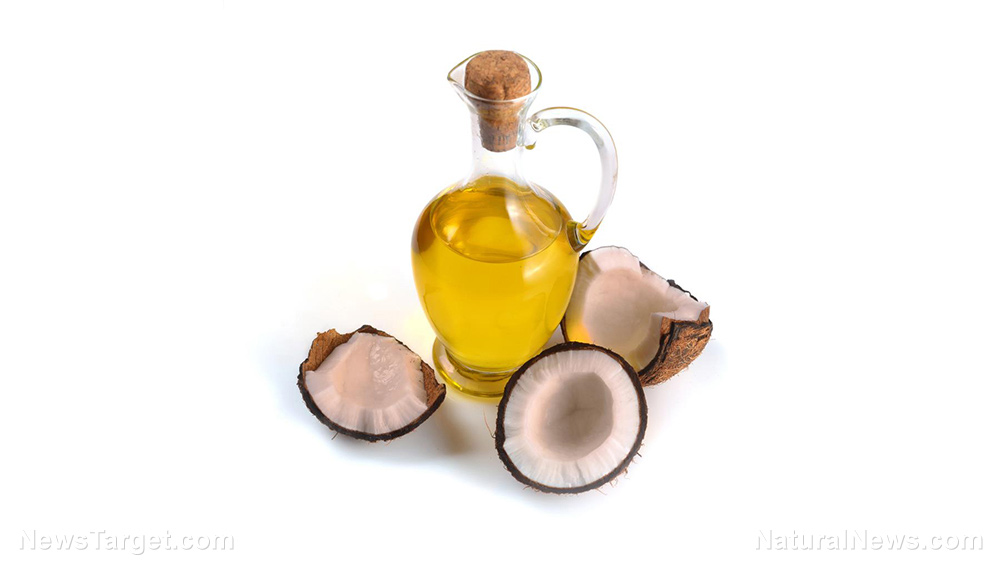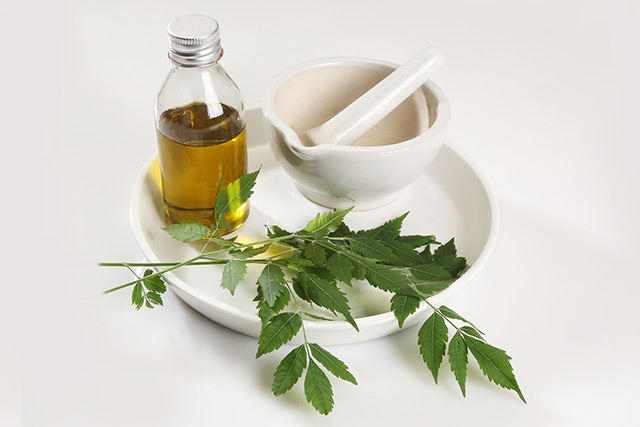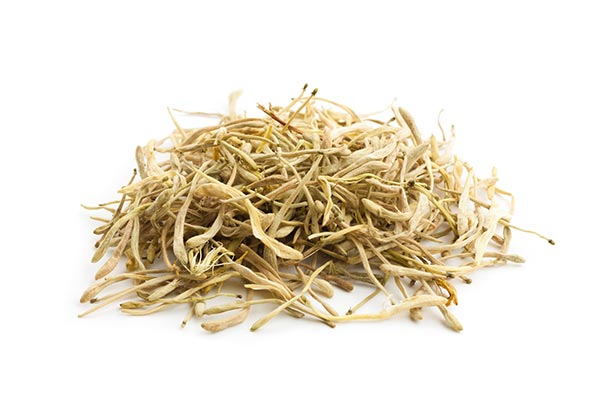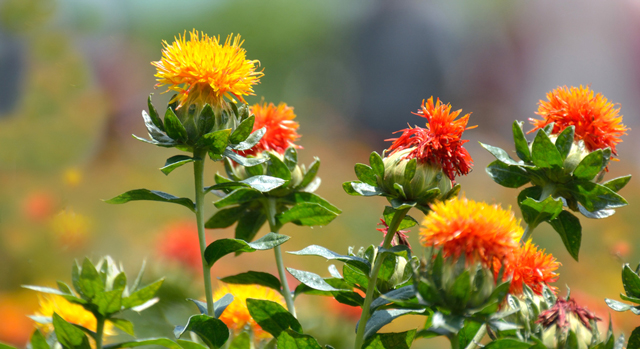Herbal remedies for PCOS
11/01/2019 / By Melissa Smith

Polycystic ovary syndrome (PCOS) is a condition that causes women to have abnormally high levels of male hormones. This hormone imbalance causes irregular menstrual periods. Women with PCOS are often prescribed a combination of pharmaceutical drugs and lifestyle changes. However, many women find that these conventional treatment methods are insufficient and mostly ineffective. The good news is, there are many herbal remedies that have shown promise in improving the lives of women with PCOS. Note that it’s important to consult your physician first before using any herbal medicine.
Black cohosh
Black cohosh is good for women with PCOS who are trying to conceive, as it is found to regulate estrogen levels. This root has been used in traditional medicine to treat absent, heavy, painful, or prolonged menstrual periods; as a remedy for postpartum pains; to increase breast milk production; relieve a sore throat; and treat kidney problems and depression.
The downside of using black cohosh is that it could lead to a thickened uterine lining, which increases the risk of uterine cancer if used for a long time. Taking too much of this herb also harms the liver and may cause headaches, heart rate problems, vomiting, and seizures.
Cat’s head
Also known as devil’s eyelashes, puncture vine, and tackweed, cat’s head weed (Tribulus terrestris) may be beneficial for women trying to get pregnant. Studies suggest that it can boost follicle-stimulating hormone levels (FHS), which means that it increases a woman’s odds of ovulating. It may also reduce the number of ovarian cysts. This herb, however, can affect blood sugar and blood pressure levels.
Cinnamon
Cinnamomum cassia is a common household spice that also helps improve insulin resistance. It also helps regulate menstrual cycle, causes a lighter menstrual flow, and relieves pain. Cinnamon is also a natural anti-hypertensive, so people with low blood pressure should avoid it. Likewise, it could be dangerous for people with diabetes.
Licorice root
Glycyrrhiza glabra has an active compound called glycyrrhizin, which has unique properties that may be beneficial for women with PCOS. It can inhibit PCOS symptoms by regulating imbalanced hormones and irregular ovarian follicles. It also has anti-inflammatory properties, according to a study published in BMC Complementary and Alternative Medicine. Moreover, glycyrrhizin can lower blood sugar levels and reduce testosterone levels in women with PCOS.
You can take licorice root as a supplement or drink it as a tea. If you have estrogen-dependent conditions like certain breast cancers, avoid this herb because it can mimic the effects of estrogen. People with hypertension, kidney issues, or liver disease should also avoid licorice.
Peony
Women with PCOS can benefit from Paeonia lactiflora as it regulates hormones by reducing testosterone levels while increasing progesterone and estrogen. However, women who suffer from heavy menstrual bleeding or have a bleeding disorder must avoid peony as it can reduce the rate of blood clotting.
Saw palmetto
Taking Serenoa repens can reduce high androgen levels in women with PCOS by disrupting the release of the hormone DHT. Women with PCOS have high levels of DHT because they also have high levels of the enzyme called 5-alpha-reductase. Saw palmetto is available as dried berries and in capsules. It is important to note that like peony, saw palmetto has anticoagulant properties and may promote bleeding.
Vitex
Also called chasteberry, vitex (Vitex agnus-castus) is a known traditional medicine for reproductive conditions. This herb is best for women with PCOS who are trying to conceive. It improves hormonal balance, helps regulate menstrual cycle, and increases fertility. In addition, vitex fights acne, which many women with PCOS experience. This herb is available as a dry or liquid supplement. Some women take 20 mg thrice a day, while others consume 40 mg every morning.
While these herbal remedies are effective, they still have side effects and may interact with other drugs prescribed to treat PCOS. Therefore, it is important to consult your healthcare provider first before trying any herbal medicine.
Sources include:
Tagged Under: alternative medicine, disease treatments, female endocrine disorder, herbal medicine, Herbs, hormonal imbalance, hormones, natural cures, natural medicine, Natural Treatments, PCOS, polycystic ovarian syndrome, remedies, reproductive health, women's health
RECENT NEWS & ARTICLES
COPYRIGHT © 2017 REMEDIES NEWS



















